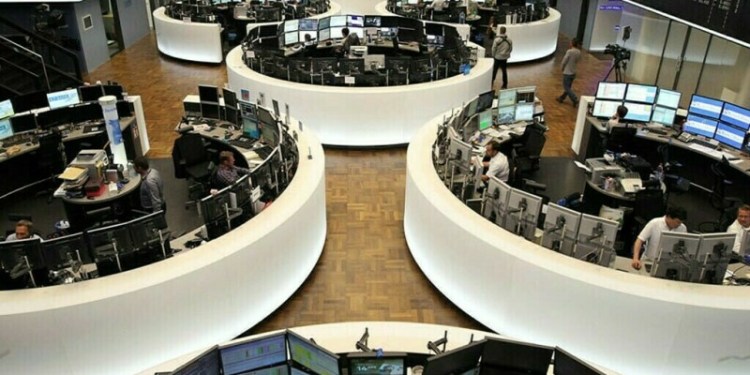By Francesco Canepa
FRANKFURT (Reuters) – One euro zone bank is falling short of the European Central Bank’s capital requirements, the ECB said on Monday, meaning it may be asked to curb bonuses, dividends and coupons.
The ECB did not name the bank in its annual review of the 119 lenders on its watch, in which it kept the amount of capital it expects banks to hold against possible losses roughly stable from a year earlier.
The review showed the ECB’s three-year push to get banks to hold more capital and clean up their balance sheets was bearing fruit but frailties remained, particularly at firms with high levels on unpaid loans.
“Banks are broadly resistant and stable,” Korbinian Ibel, a supervisor at the ECB, said in a presentation. “Remaining risks centre around profitability and non-performing loan issues.”
A chart in the presentation showed most banks on the ECB’s watch held significantly more capital than the minimum needed for making payouts to investors and staff.
One bank, however, fell short of the mark and another was barely above it.
A year earlier, five banks were found to be short of requirements. Two of them, Italy’s Banca Popolare di Vicenza and Veneto Banca, later collapsed.
On average, the ECB expects banks on its watch to hold capital worth 10.6 percent of their risk-weighed assets. This includes requirements and additional, elective “guidance” set by the ECB.
In addition, the ECB expects to ask four banks to hold additional cash to deal with liquidity risk.
The review was based on banks’ results as of the end of June, meaning banks may have already remedied their shortfalls in the intervening time.
For example, Italy’s Carige (MI:) is completing a 500 million euro ($590 million) share issue to comply with the ECB’s capital demands.
($1 = 0.8482 euros)
Fusion Media or anyone involved with Fusion Media will not accept any liability for loss or damage as a result of reliance on the information including data, quotes, charts and buy/sell signals contained within this website. Please be fully informed regarding the risks and costs associated with trading the financial markets, it is one of the riskiest investment forms possible.
Source: Investing.com
























